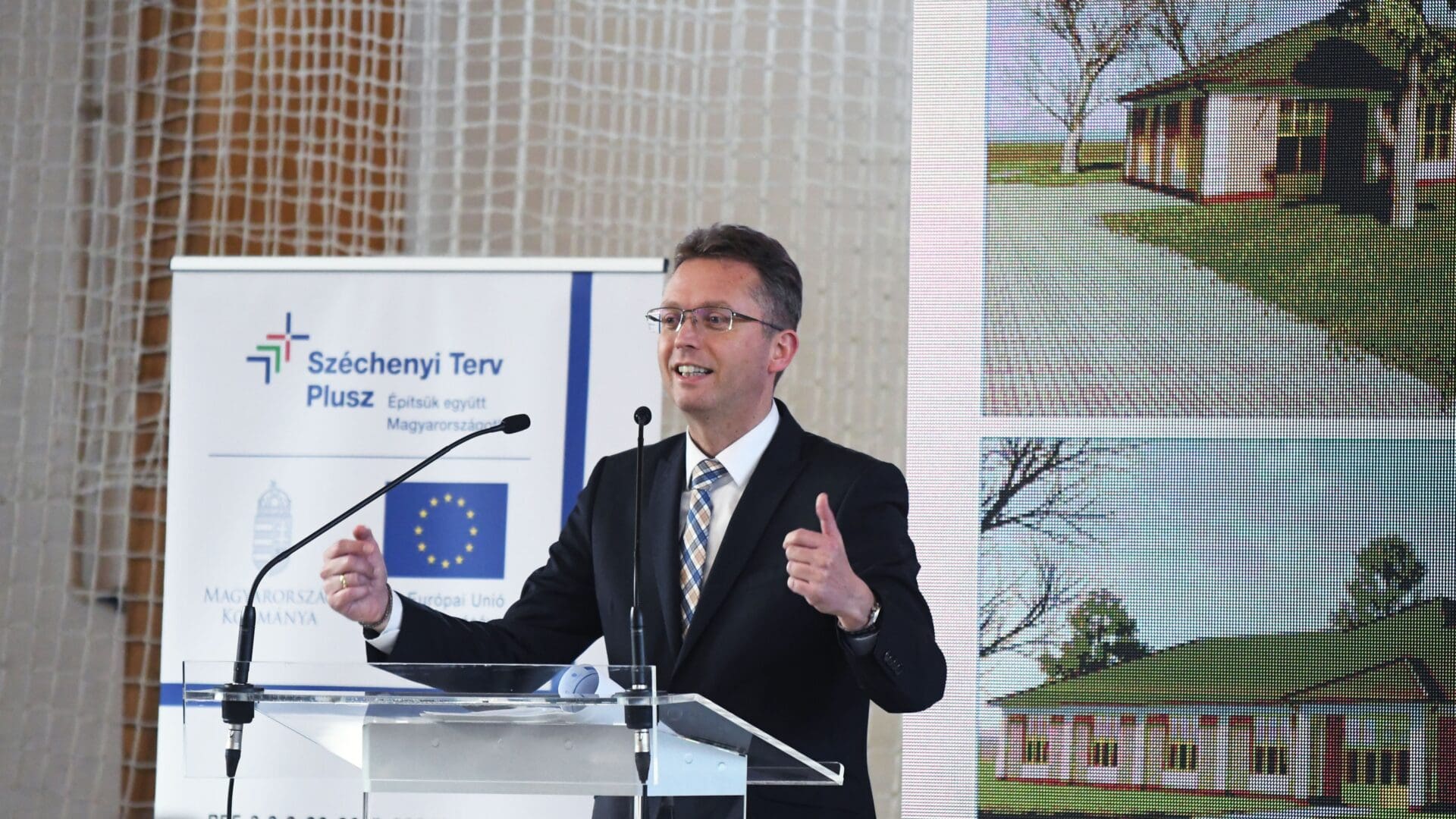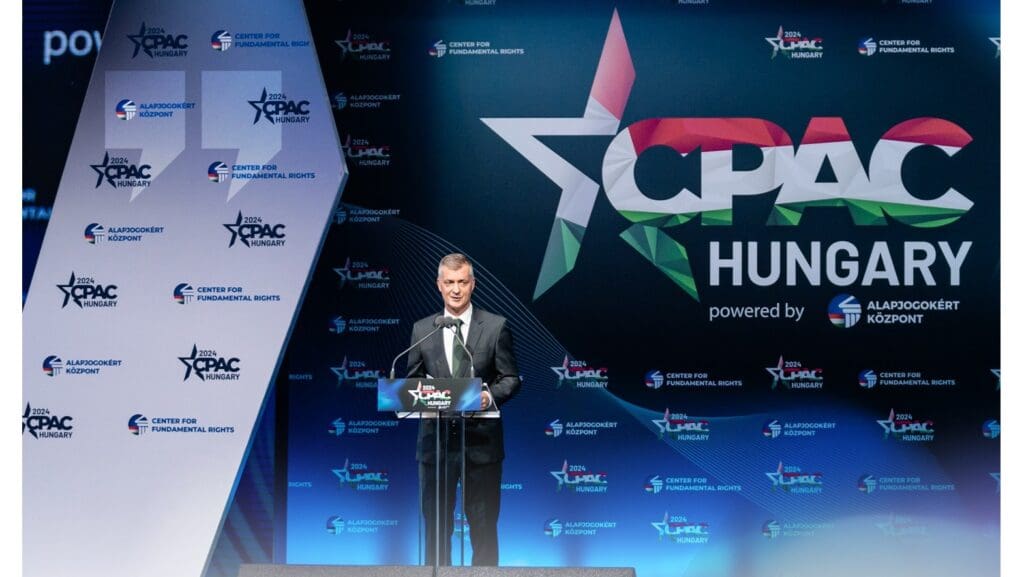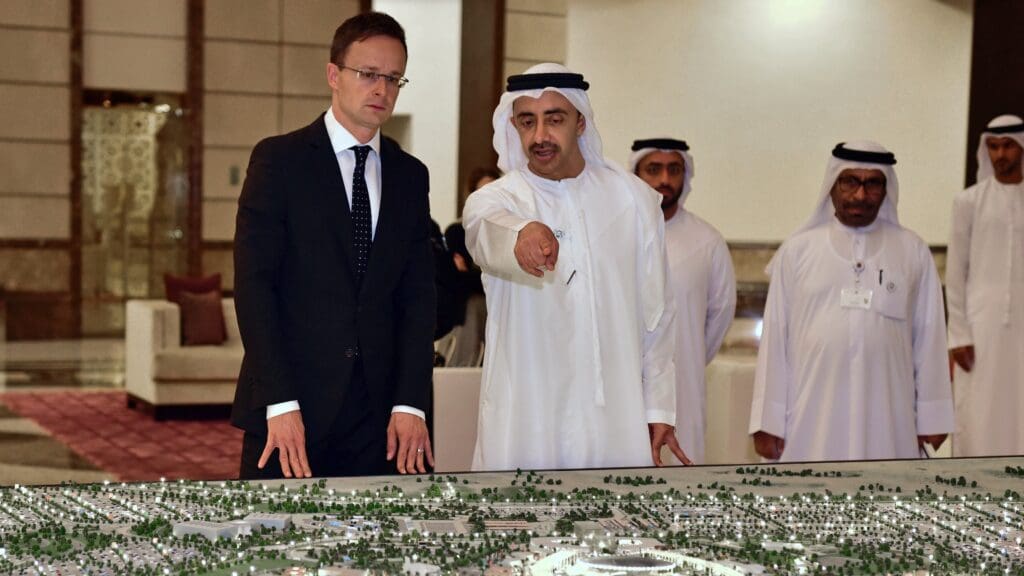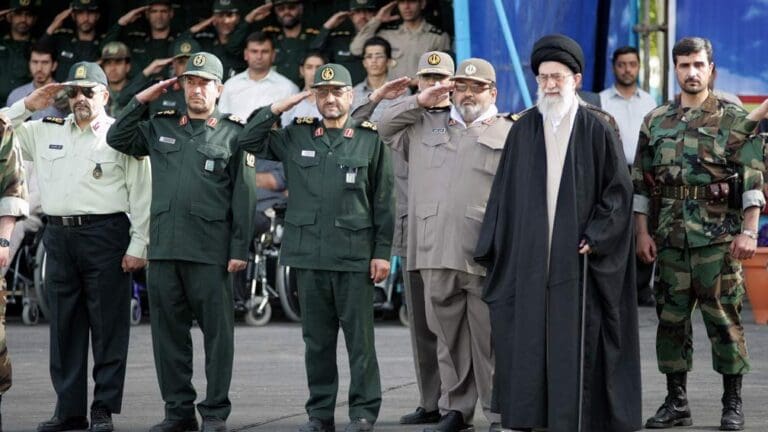This is the year of developments concerning Hungarian vocational education, the State Secretary for Innovation, Higher Education, Vocational Training, and Adult Education of the Ministry of Culture and Innovation declared in Szolnok on Thursday.
At the opening event of the project supporting the development of vocational training institutions by the National Institute of Vocational Education and Training, Balázs Hankó stated that the developments provided to vocational schools are being implemented nationwide at 34 locations of 31 institutions that belong to 18 vocational centres, with nearly 96 billion forints worth of investments, surpassing the 53 billion forints allocated for construction investments. He added that Hungarian vocational education is a European champion as Hungarians have achieved great success in European competitions in fields such as information technology and systems management. The success of the renewed vocational education is due to its focus on practical training and dual education: ‘knowledge and skills that strengthen the Hungarian economy,’ he emphasized. He also noted that the success is attributed to the fact that
the renewed vocational education simultaneously provides a trade, a diploma, and a livelihood.
He mentioned that last autumn, the Hungarian Parliament approved an amendment allowing those who wish to continue their studies after vocational training to enter into a preliminary relationship with the university in their final year of vocational training. Szolnok is a good example of this, where technical university and vocational training will be interconnected, but there are several other examples from across the country as well. The development of Hungarian vocational education must continue to make a ‘European champion’ a ‘world champion,’ highlighted Balázs Hankó, adding that one pillar of this is digital development. He announced that by the end of last year, over 700 digital learning materials had been created for vocational training. The second pillar he mentioned is salary increases: the wages of vocational trainers have been increased by an average of over 32 per cent. The third pillar is the programme for developing 21st-century vocational institutions. As part of the programme, two vocational institutions in Szolnok will be renewed with 6 billion forints.
State Secretary for Architecture at the Ministry of Construction and Transport Regő Lánszki spoke about the government’s focus on education and vocational training development. Based on the submitted applications, vocational institutions are expected to achieve energy savings of over 55 per cent. The goal of infrastructural and construction investments is to establish renewable energy source systems alongside the development of workshop facilities and the transformation of educational spaces, he said, adding that the developments provide an opportunity for the application of modern educational tools.
Deputy State Secretary of the Ministry of Construction and Transport Responsible for High-rise Construction Zoltán Nyul emphasized the importance of thorough planning, preparation, and technical supervision in investments. He expressed that in the future, they only want investments in Hungary where every aspect of functional, economic, operability, sustainability, and aesthetic considerations ‘is in place.’
General and Project Management Deputy Director of the National Institute of Vocational Education and Training Dávid Csontos explained that there will be new constructions at 7 locations, expansions and renovations at 8 locations, and renovations at 19 locations. Out of the 95.8 billion forints, a total of 110,000 square meters of school space will be renewed in the entire project, of which 7,300 square metres will be in Szolnok alone.
Mayor of Szolnok Ferenc Szalay emphasized the importance of vocational training that meets labour market needs. He mentioned that from September, technical education at the University of Debrecen will be launched in Szolnok, complementing the existing ‘strong’ secondary vocational education in the city.
Also present at the event were Fidesz Member of Parliament for the region Mária Kállai, Government Commissioner of Jász-Nagykun-Szolnok County Attila Berkó, President of the County Assembly Imre Hubai, and Vice President of the County Assembly Zoltán Borbás.
Read more:
Sources: Hungarian Conservative/KIM/MTI








